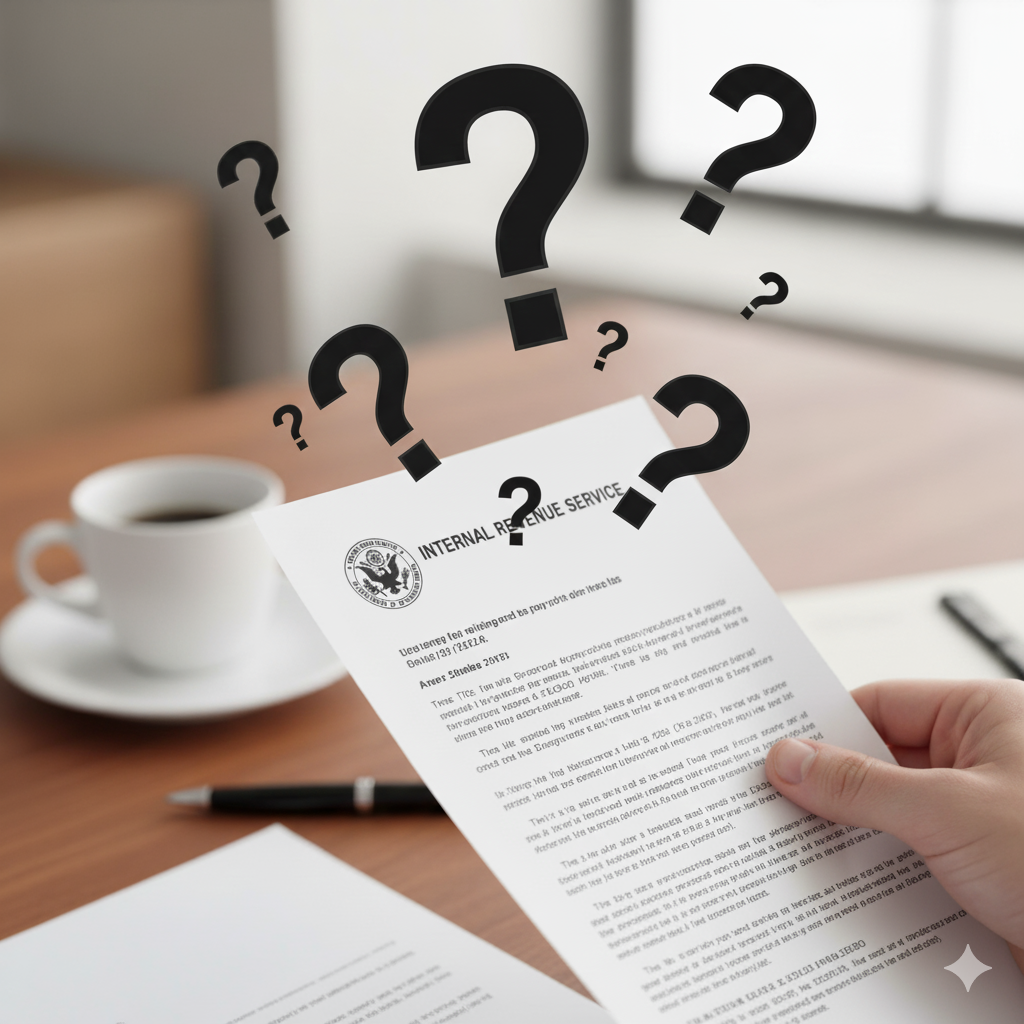'tis the season for CP 14 notices to taxpayers
I have noticed a marked uptick in the number of clients that are receiving CP 14's in the mail. The CP14 is "IRS slang" for the first demand for payment after a tax return is filed with a balance due. Note the "CP14" in the upper right hand column of the attached example.
What to Do If You Receive IRS Notice CP14
If you’ve received an IRS Notice CP14 in the mail it is not a crisis. This notice is the IRS’s way of telling you that you have a tax balance due and they expect you to take some sort of action on the matter. Ignoring the notice is not one of their suggested actions!
What the CP14 Means
A CP14 is a formal notice from the IRS letting you know that, according to their system, you have a balance due on your IRS account. This could be due to a number of reasons—maybe you made a partial payment or maybe you forgot to mail a payment with your tax return.
The notice will show:
- The amount of tax you owe based on your tax return;
- Any payments that were made on that tax year (could be you sent a check, made estimated payments, or had federal taxes withheld from your paychecks);
- Any added penalties and interest;
- A due date for the balance due (usually within 21 days).
What You Can Do
You have a few options when you receive a CP14:
- Pay in full: This is the fastest and least expensive way to resolve the issue. Make sure to retain proof of your payment; whether that be a cancelled check or a confirmation page print-out if you pay online. If you pay online, don't just "GOOGLE" IRS payments--you could get scammed! Go directly to the IRS website and make the payment directly through their secure system. If you have an IRS account set up, that is even better. (www.irs.gov).
- Set up a payment plan: If you can’t pay in full, the IRS offers installment agreements (several different options available, depending on your financial situation). Installment agreements can get quite involved, especially if the amount due is significant. Consider using a tax professional's assistance if you need a payment plan.
- Dispute the amount due: If you do not owe the amount, you may be able to challenge the IRS assessment rather than pay the tax. The method to challenge the assessment is varied, depending on the circumstances of your tax matter.
Why It Matters
Failing to act on a CP14 notice can lead to more serious collection efforts, including liens or levies. This letter is the first of several letters that will come to you--each subsequent letter taking a more dire tone. If you are going to full pay the balance, do yourself a favor and pay it sooner than later.
Bottom line: A CP14 means the IRS thinks you owe money. Read the notice carefully, confirm the amount, and take action—whether that’s paying, setting up a plan, or disputing it.
Need help resolving your IRS notice? Contact my office today. I specialize in IRS collection matters and can help you understand your options and respond appropriately—before the situation escalates!
